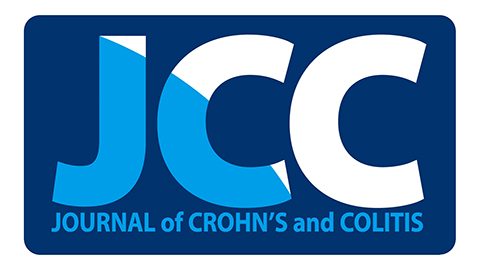
“Crohn’s disease is an idiopathic inflammatory process that is occasionally associated with complications, which cause significant morbidity and mortality. The anti-inflammatory effect of cannabis in intestinal inflammation has been shown in several experimental models; it is unknown whether this correlates with fewer complications in Crohn’s disease patients.
AIMS:
To compare the prevalence of Crohn’s disease-related complications among cannabis users and non-users in patients admitted with a primary diagnosis of Crohn’s disease or a primary diagnosis of Crohn’s related complication and a secondary diagnosis of Crohn’s disease between 2012 and 2014.
METHODS:
We used data from the Healthcare Cost and Utilization Project-National Inpatient Sample. Cannabis users (615) were compared directly after propensity score match to non-users, in aspects of various complications and clinical end-points.
RESULTS:
Among matched cohorts, Cannabis users were less likely to have the following: active fistulizing disease and intra-abdominal abscess (11.5% vs. 15.9%; aOR 0.68 [0.49 to 0.94], p = 0.025), blood product transfusion (5.0% vs. 8.0%; aOR 0.48 [0.30 to 0.79], p = 0.037), colectomy (3.7% vs. 7.5%; aOR 0.48 [0.29-0.80], p = 0.004), and parenteral nutrition requirement (3.4% vs. 6.7%, aOR 0.39 [0.23 to 0.68], p = 0.009).
CONCLUSION:
Cannabis use may mitigate several of the well-described complications of Crohn’s disease among hospital inpatients. These effects could possibly be through the effect of cannabis in the endocannabinoid system.”
https://www.ncbi.nlm.nih.gov/pubmed/30825109
https://link.springer.com/article/10.1007%2Fs10620-019-05556-z




 “Complementary therapies for inflammatory bowel disease (IBD) have earned growing interest from patients and investigators alike, with a dynamic landscape of research in this area. In this article, we review results of the most recent studies evaluating the role of cannabis and turmeric for the treatment of IBD and other intestinal illnesses.
“Complementary therapies for inflammatory bowel disease (IBD) have earned growing interest from patients and investigators alike, with a dynamic landscape of research in this area. In this article, we review results of the most recent studies evaluating the role of cannabis and turmeric for the treatment of IBD and other intestinal illnesses.


